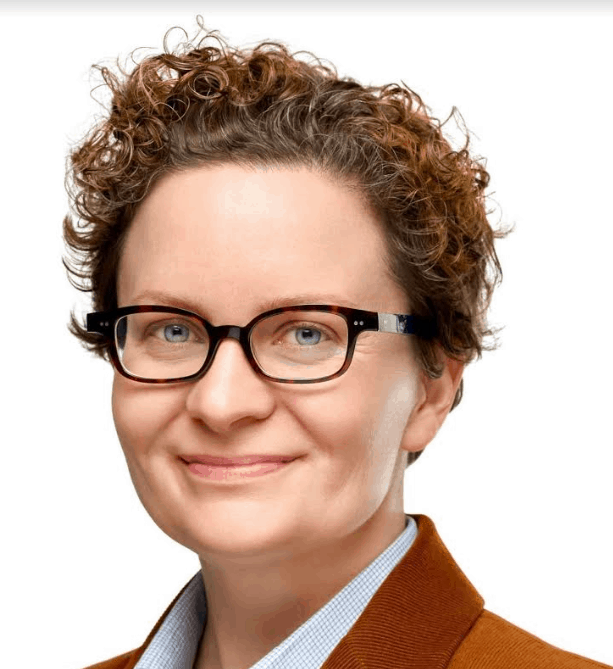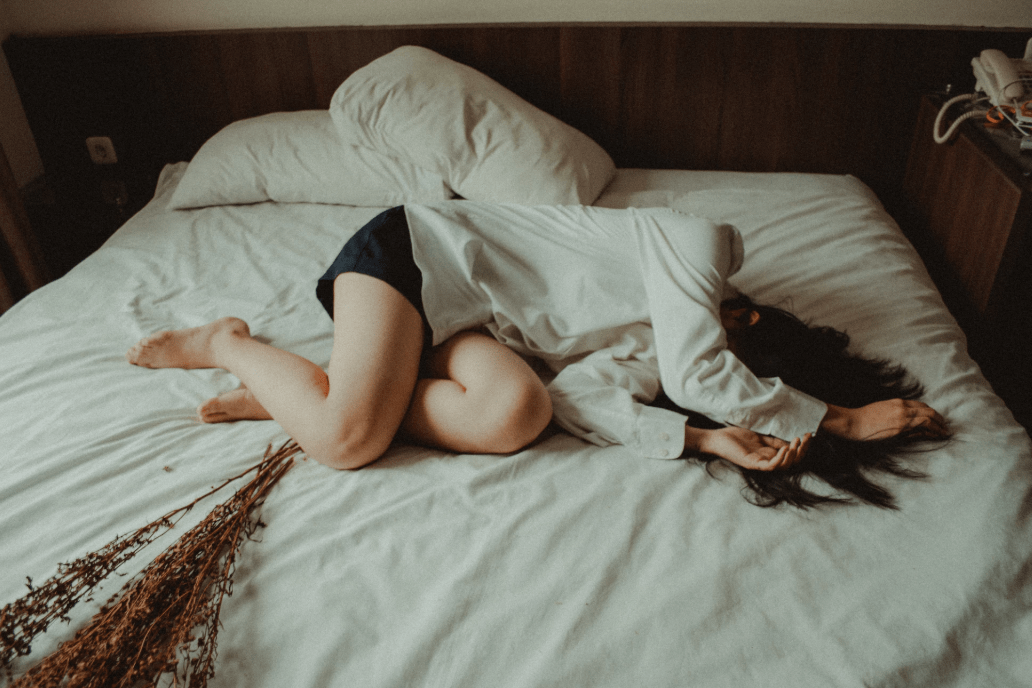Tried everything to get better sleep? Strapped a tracker to your wrist, practiced good sleep hygiene, guzzled valerian tea, but still can’t catch enough Zzz’s? Sleep expert and author of Quiet Your Mind and Get to Sleep: Solutions to Insomnia for Those with Depression, Anxiety, or Chronic Pain Dr. Colleen Carney says you may be trying too hard. In fact, you shouldn’t be trying at all.
As Director of the Sleep and Depression Laboratory at Ryerson University in Toronto, Canada, Dr. Carney knows what works (cognitive behavioral therapy for insomnia) and what doesn’t (stressing over sleep). She’s also an expert on mental health disorders, with a focus on how sleep impacts mental health and vice versa. Join us as we chat about letting sleep unfold naturally, and why blackout blinds and medications won’t solve your slumber woes.
How did you become interested in sleep science?
I became interested in sleep because, as someone interested in treating depression, there appeared to be an important connection between the two and I wanted to better understand it. Twenty plus years later, we’re still making discoveries in this area, and I remain as interested as the day I began in sleep medicine.

You say that “sleep is one of the few things for which effort is counterproductive.” Once someone experiences sleep-related stress and anxiety, is it possible to be completely free of them?
If, instead of letting sleep unfold naturally, you engage in repeated efforts to produce sleep (apps, pills, blackout blinds, devices etc.) you’ll continue to feed your anxiety because they don’t work. When you notice them not working, it will make you feel more desperate and confirm the fear that something is seriously wrong with your sleep system.
An alternative to this cycle is to learn how your body compensates for sleep loss and responds to changes in activity levels, and then allow sleep to unfold naturally. With a treatment called cognitive behavior therapy (CBT) for insomnia, you can learn how to avoid getting in the way of your sleep system. When you can trust that your sleep system is not broken, anxiety will improve.
Insomnia and depression are more likely to occur together. Which tends to come first in your experience?
Both doctors and patients cannot reliably determine which came first. What’s more important to know is that it doesn’t matter. You can treat sleep problems that occur with depression with CBT for insomnia, and you don’t have to do anything differently. You’ll respond and sleep better whether you have depression or not.

You talk in your book Quiet Your Mind and Get to Sleep about the connection between insomnia and chronic pain. Can a protocol like CBT-I help insomnia sufferers with chronic pain, even if their pain isn’t fully controlled?
Yes. There are dozens of studies that show that CBT-I is effective in a variety of chronic pain conditions. We want people to use pain management treatments as best they can, but CBT for insomnia can be effective in those with active chronic pain. More importantly, it’s clear that improving sleep with CBT-I leads to improvements that also help with pain.
What do you wish everyone knew about sleep?
I have a long list of unhelpful myths about sleep, but briefly, I wish people knew that following sleep hygiene will not get rid of their insomnia. I feel badly for those who are given this treatment when we know it’s not sufficient to address their insomnia problems.
Many believe that CBT for insomnia is sleep hygiene, but it’s not. We may include sleep hygiene advice for some if necessary (e.g., they are drinking large amounts of caffeine), but we know this isn’t sufficient. CBT-I teaches people about natural sleep and helps them discover the optimal schedule and habits to support it. CBT-I also addresses beliefs and anxiety about sleep that get in the way of sleep unfolding naturally.
A huge thank you to Dr. Carney for talking with Sleepopolis! To find out more about her and her work on depression and insomnia, check out her website and book.